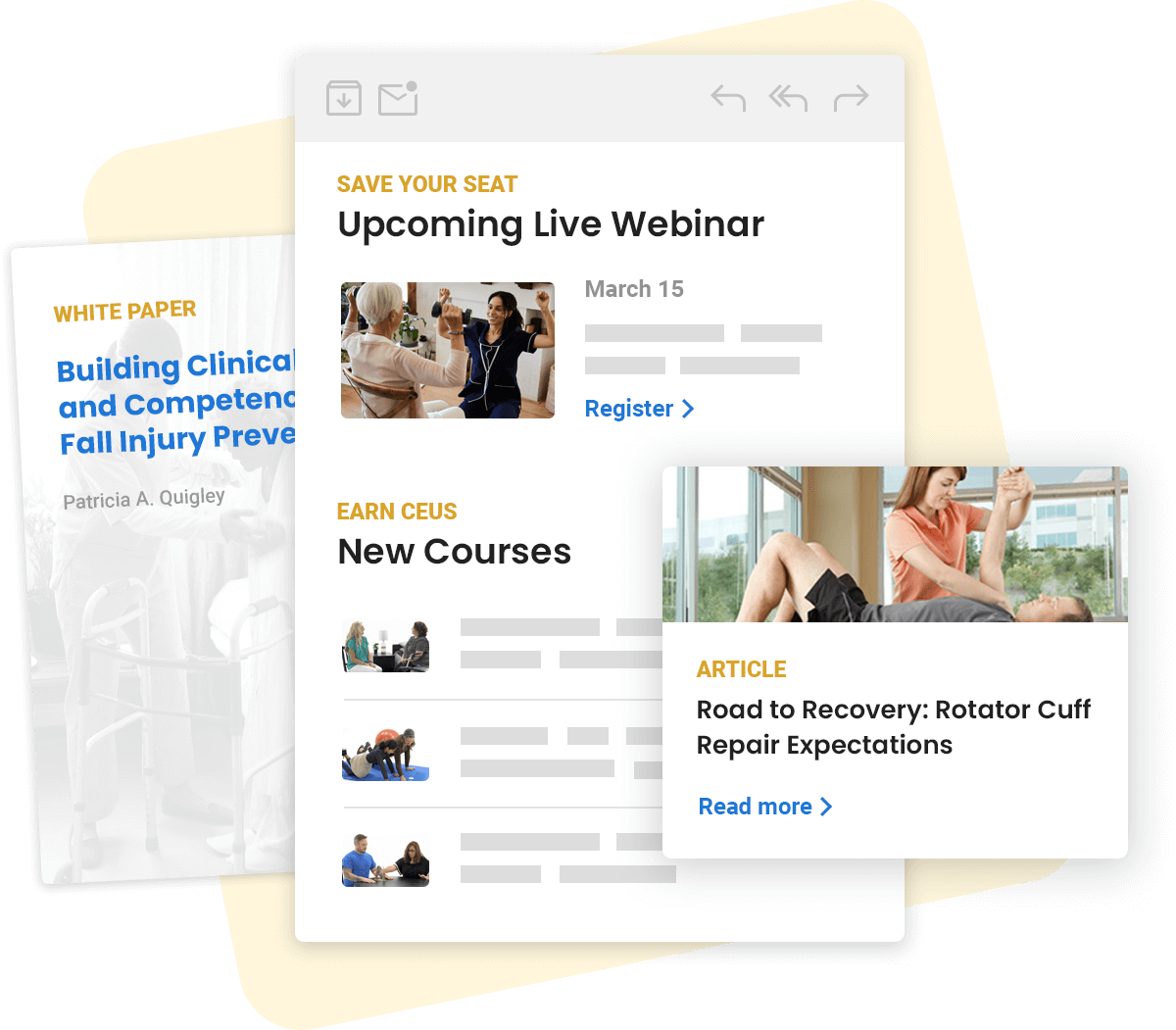Skills and Competency Management for Home Health Care and Hospice

What is skills and competency management?
Skills and competency management is the process of identifying and training the critical skills necessary for an employee to reach competency to perform in their role. In a home health or hospice setting, this will occur during the onboarding process in the form of targeted training that helps clinicians develop the necessary skill competencies to perform their healthcare duties in a safe and ethical manner. After onboarding, there is an expectation that training will be monitored and refreshed, typically on an annual basis, to ensure they are continuing to perform at an optimal level.
Nurse competency includes more than just clinical skills, so a skills and competency management program might include training on:
- Patient care
- Medical or clinical knowledge
- Interpersonal and communication skills
- Practice-based learning and improvement
- Professionalism
- System-based practice
Why is skills and competency management important?
The importance of skills and competency management in home-based care is increasing each year and boils down to addressing a few core challenges.
First, with staffing shortages impacting clinical capacity, agencies are now hiring an increased number of clinicians who may be new to home health or hospice. These new hires need sufficient training before they can enter the field with competence and confidence, as well as reference materials when they need an on-site refresher—particularly when it comes to advanced skills.
Second, organizations are facing ever-greater challenges to retain highly skilled employees in a competitive market while improving performance and developing leadership talent from within.
Third, these practitioners are often working autonomously in patients’ homes. Unlike other settings, they do not have teams of clinicians following them, and organizations have an ethical obligation to ensure that their clinicians are trained adequately and are able to administer care in a safe and competent manner.
What are the benefits of skills and competency training to organizations?
There are many benefits to home health and hospice organizations, including the ability to ensure clinician competency and increased staff confidence in the field. An emphasis on effective skills competency training includes benefits to:
Onboarding—Clinicians are trained to be competent and confident in the field faster, cutting down on time-to-productivity and increasing the amount of clinicians ready to care for patients.
Continued Education—Well-trained, competent employees are an investment in your business, and a robust skills competency training program helps grow their clinical skill-set and boosts loyalty and retention.
Annual Competency—The documentation of this training, competencies, and preceptor sign-off needs to be able to stand up to yearly reviews and audits.
How can I solve for skills and competency management?
To begin, you’ll need to incorporate a skills and competency management program into your onboarding program, as well as provide continued support for experienced clinicians. Onboarding is a critical time period in an employee’s work experience, and employees who receive a comprehensive, quality educational program will be more equipped for success in the fast-paced home care environment.
To accomplish this, you’ll need to do a few things:
- Establish a skill assessment in the relevant areas for new nursing hires.
- Curate or source a library of targeted courses on both critical clinical and non-clinical home health and hospice skills.
- Require preceptors to review self-assessments and report on completed training.
- Create a system to document and report that allows administrators to assign said preceptors.
- Document training for records, tracking which clinicians are qualified to treat for which conditions, as well as for audits and annual reviews.
This training has been traditionally conducted on paper, but an online platform with documentation and reporting capabilities streamlines the process and makes it easier in the event of an audit, making this the recommended option.
How can MedBridge help with skills and competency management?
The MedBridge Skills and Competency Manager includes everything your agency needs to streamline the onboarding and preceptor process, get new nurses trained on critical clinical and non-clinical home health and hospice skills so they can start providing patient care faster, and document and report on training and skill competency—all on a single online platform.
With our Skills and Competency Manager, an online self-assessment—customized to the skills crucial for employees at your agency—is assigned to newly hired nurses. Assigned preceptors can then review the assessment, identify skill gaps, and create a personalized and targeted training plan to bring nurses up to speed quickly and efficiently and get them into the field faster.
Training can include our Clinical Skills, a library of bite-sized courses specific to home health and hospice, available for on-the-go viewing and designed for engagement and information retention, or hands-on training by the preceptor. As skills are acquired, preceptors can sign off, creating an online “paper trail” that is easily accessible on the MedBridge Reporting and Analytics Dashboard for future viewing and reporting. The dashboard also provides data-driven insights so administrators can evaluate their onboarding and training program to spot additional opportunities for time savings, identify trends, and download reports as needed to meet regulatory requirements.
MedBridge’s Skills and Competency Manager has already been used to onboard nurses more efficiently at a lower cost. Interim Healthcare of the Upstate was able to serve more patients in their community—as well as improve the experience for nurses—helping them reduce the time needed to onboard new nursing staff in both home health and hospice settings by seven days. This resulted in:
- 11.5 percent home health nurse cost reduction ($7,000 in savings per nurse, based on an 8.7-week onboarding program)
- 17.9 percent hospice nurse cost reduction ($7,000 in savings per nurse, based on a 5.6-week onboarding program)
- 100 percent of participants surveyed reporting that the quality of education they received during their onboarding was good or excellent





